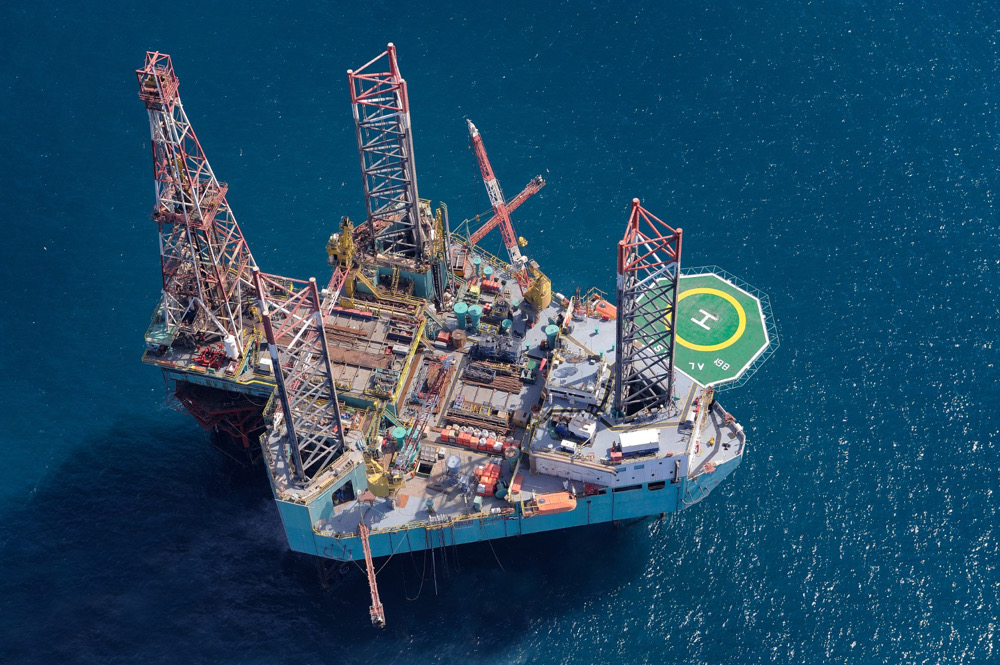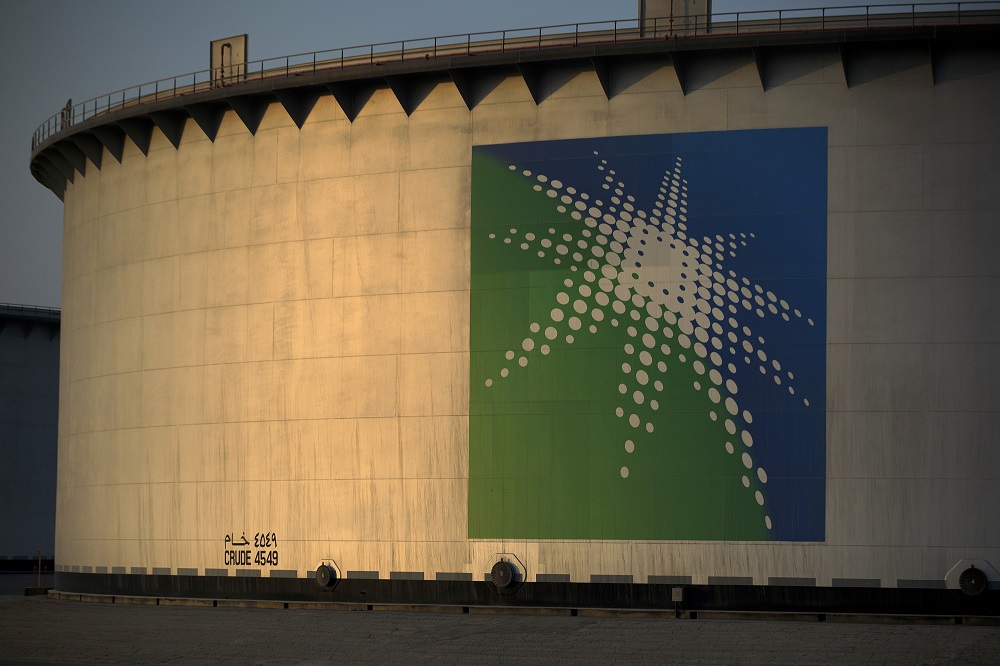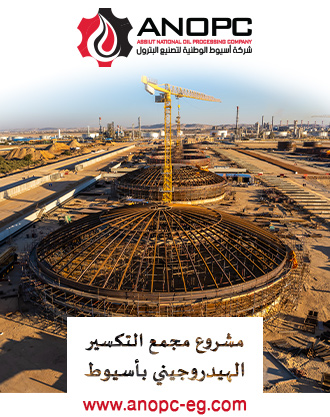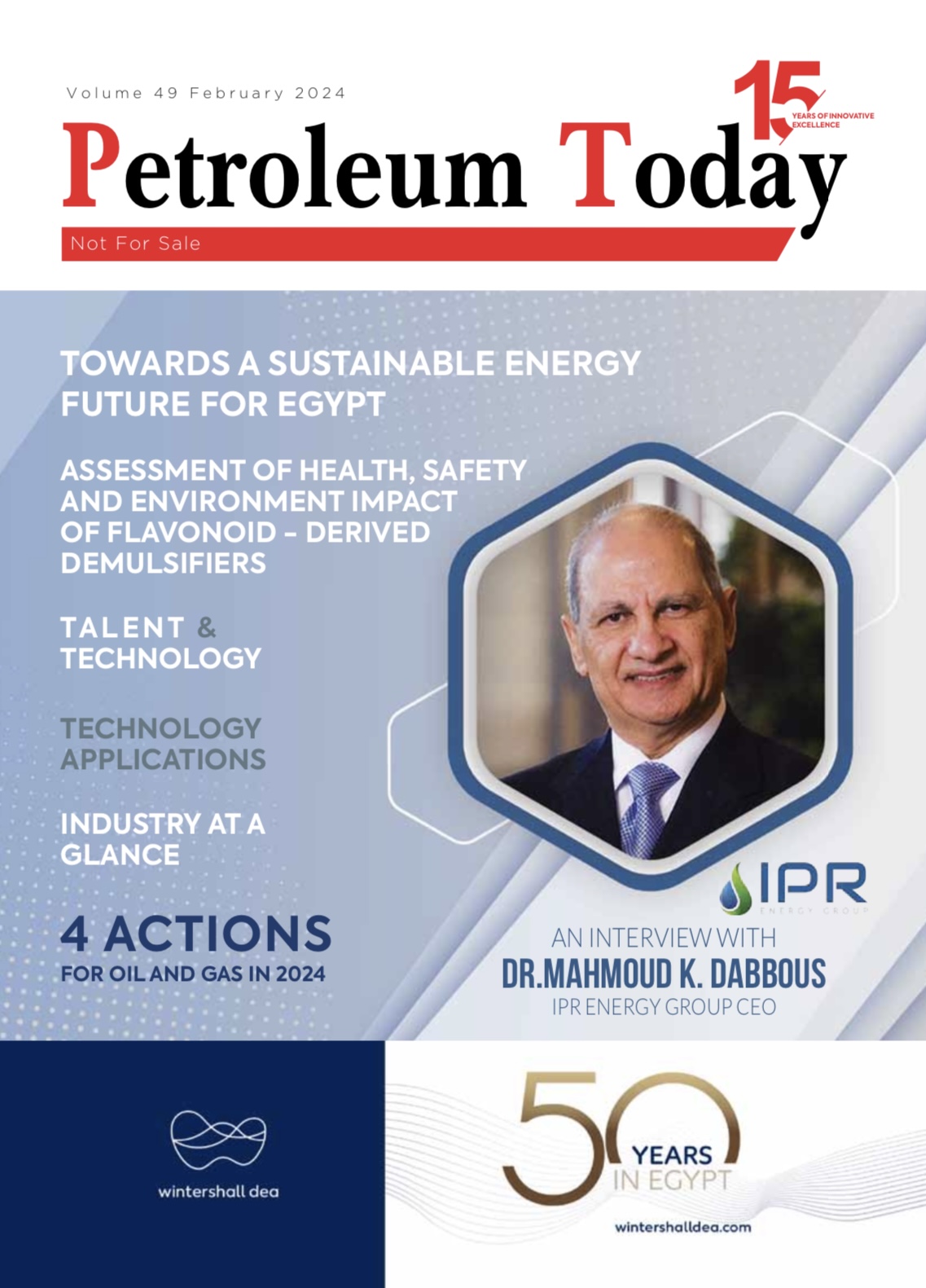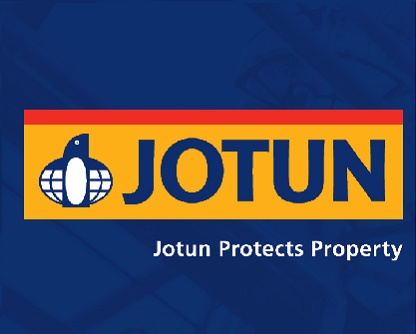International
OMV looks to expand Black Sea upstream activity with Georgia entry
Published on : 2020-06-27
.jpeg)
S&P — Romania's OMV Petrom plans to become more active in the Black Sea -- where it has already made the major Neptun gas discovery offshore Romanian with ExxonMobil -- through an exploration campaign offshore Georgia.
OMV Petrom -- majority owned by Austria's OMV -- took part in an international tender held by the Georgian economy ministry this year for two Black Sea blocks.
According to the country's state oil and gas agency, OMV won the license for Black Sea block II, covering some 5,282 square km (2,032 square miles).
Bidding in the Georgia tender was "part of our strategy to expand the upstream activities in the Black Sea," OMV Petrom told S&P Global Platts in emailed comments June 26.
It added, though, that it had not yet received "official information on the result of the bid."
On June 25, Georgia's economy minister Natia Turnava announced OMV Petrom as the winner of the block, hailing the transparent process for opening up its offshore to gas exploration.
Turnava said OMV Petrom would first carry out 2-D and 3-D seismic before starting drilling.
The tender was launched in January with bids submitted by an April deadline.
Exploration has been widely carried out in the Black Sea by the other littoral states Bulgaria, Romania, Ukraine, Russia and Turkey.
"Georgia is the only country in the Black Sea basin where exploration is not underway," the state oil and gas agency said.
Local onshore gas production currently accounts for less than 0.5% of annual consumption -- which is around 2.5 Bcm/year -- with the remainder imported.
Georgia hopes to boost production in the coming years to reduce its import dependence, replicating the successes of gas exploration in the Black Sea particularly by Romania and Ukraine.
The Neptun discovery, which is estimated to hold up to 84 Bcm of gas, remains undeveloped due to concerns over the regulatory framework in Romania.
Bulgaria expansion
OMV Petrom is also set to buy OMV's Bulgarian subsidiary under an agreement signed in December 2019, giving OMV Petrom the share owned by OMV in the consortium holding the license to the Han Asparuh block offshore Bulgaria.
The closure of the transaction is expected in mid-2020.
OMV has a 30% stake in the consortium, with France's Total holding 40% and Spain's Repsol 30%.
However, earlier this month the Bulgarian government said it had approved the transfer of Repsol's stake to the two other partners, which would leave Total with 57.1% and OMV 42.9%.
A first exploration well, Polshkov-1, was drilled at Han Asparuh by the current joint venture in 2016.
This was followed by the drilling of two further exploration wells in 2017 (Rubin 1) and 2018 (Melnik 1).
According to OMV Petrom, geological and geophysical studies will be performed with the aim to identify additional exploration drilling targets.
The block is located next to the Romanian Neptun block and has an area of 14,220 square km and water depths over 2,000 meters.
The Bulgarian government has extended the license by two years until May 2022 to allow for additional seismic work.
OMV Petrom upstream chief Peter Zeilinger said that taking over the Bulgarian business from its parent company was "in line with our strategy to increase our regional presence and is a natural addition, taking into account our portfolio in the Black Sea."
As well as the deepwater Neptun discovery, OMV Petrom has been producing from the shallow waters of the Romanian Black Sea for more than 40 years.
Oil and gas production in shallow water Istria block currently amounts to approximately 25,000 b/d of oil equivalent, or around 17% of the company's Romanian production.
Production comes from five fields: Lebada East (discovered in 1979), Lebada Vest (1984), Sinoe (1988), Pescarus (1999) and Delta (2007).
US oil and gas drilling has slowed to a crawl since global oil demand crashed this spring and prices tumbled with it.
Now that WTI has crept back up into the high $30s/b and potentially above $40/b, have we seen the worst of this drilling slowdown?
Ted Hall, a vice president at Kayrros, shares his views on current activity, bolstered by satellite and other geo-tracking. We talk about what the drilled-but-uncompleted well count means for future production and whether the US will ever return to the peak set in November 2019.
Hall also shares Kayrros findings on how gasoline and diesel demand are recovering as commuters and long-haul truckers get back on the road after April lockdowns.


